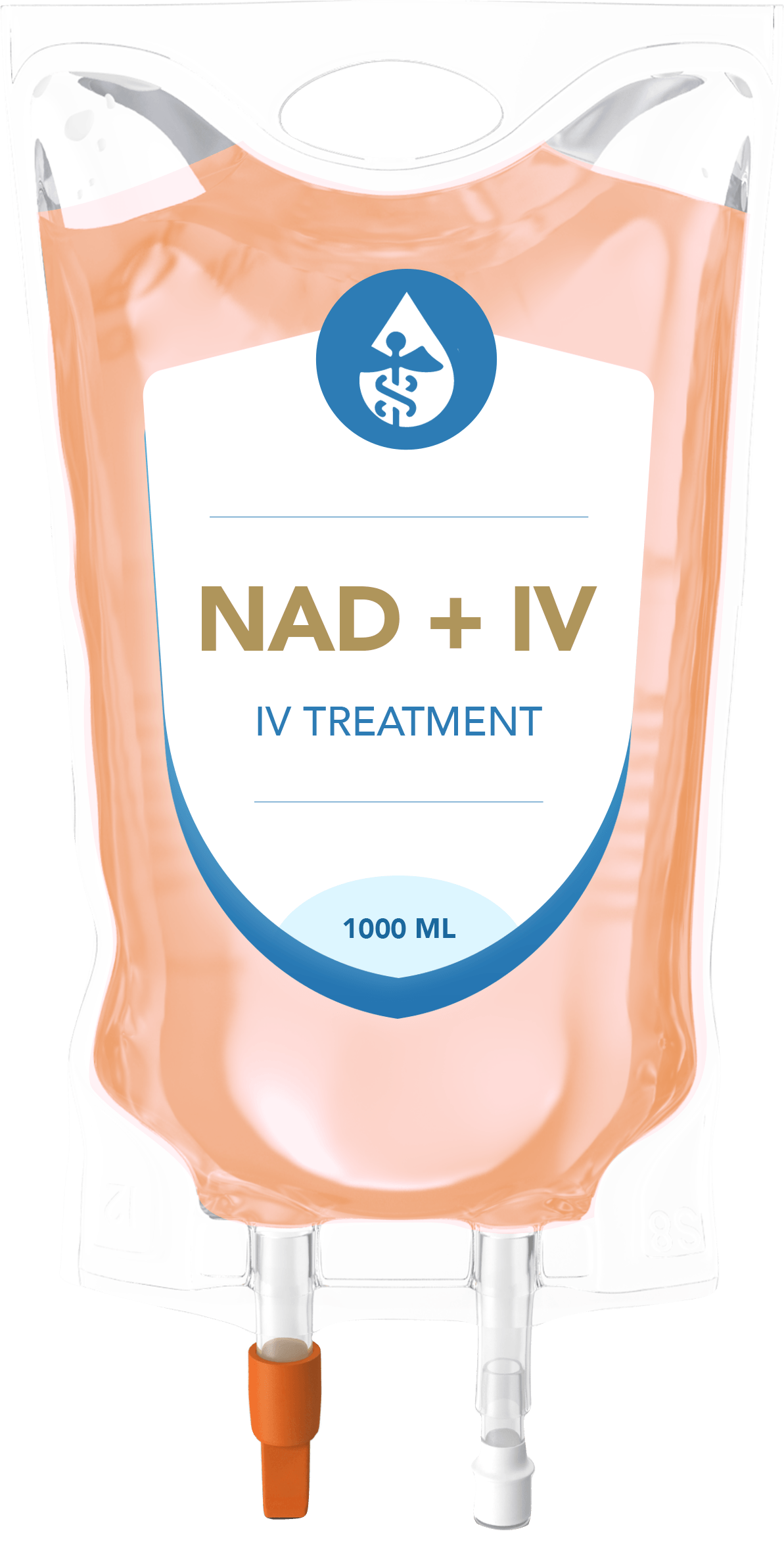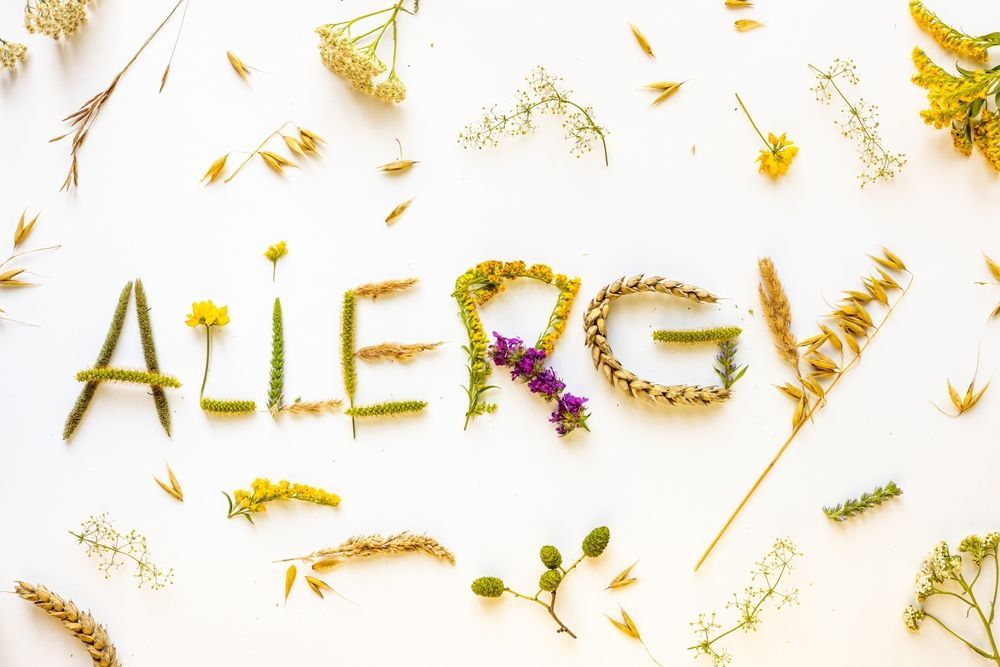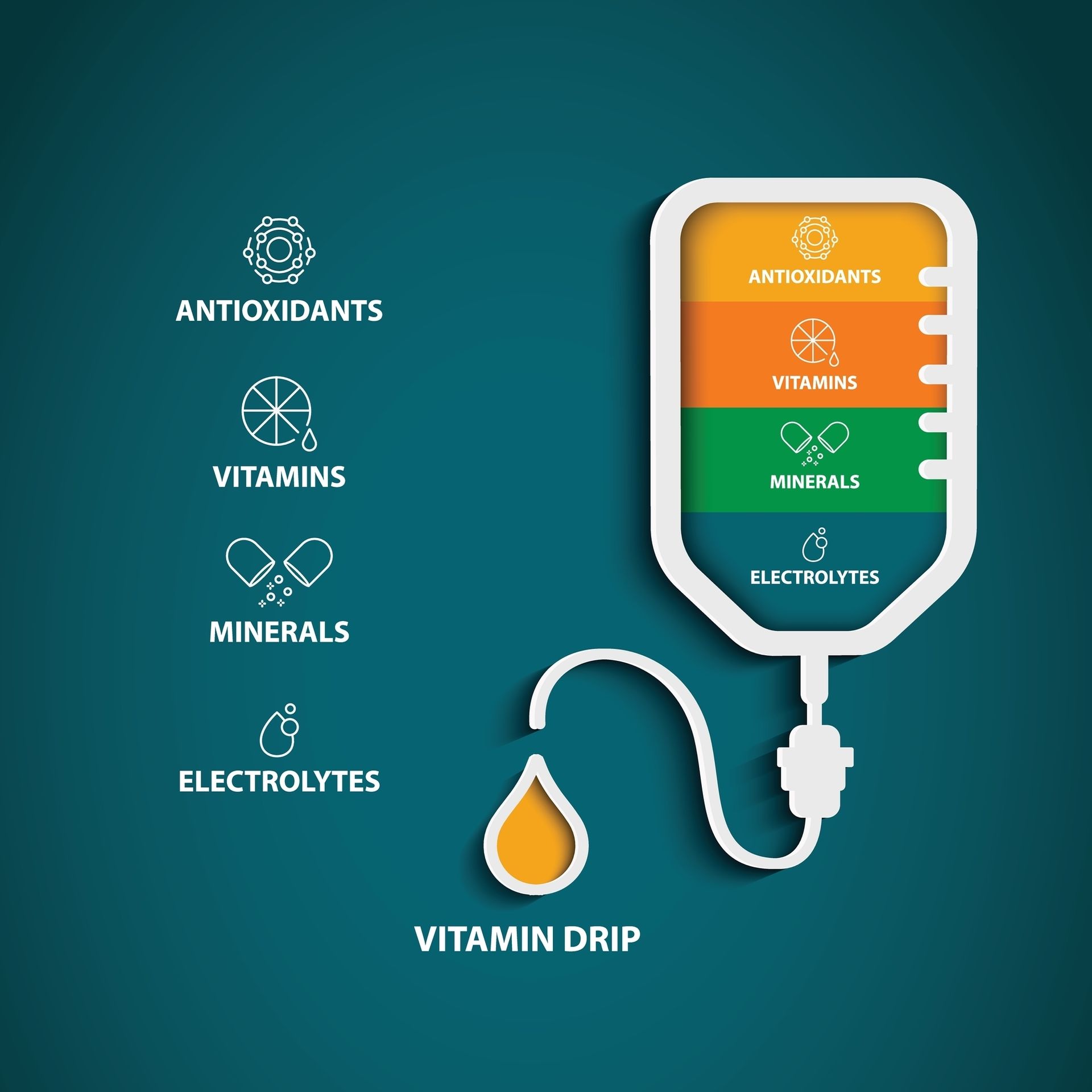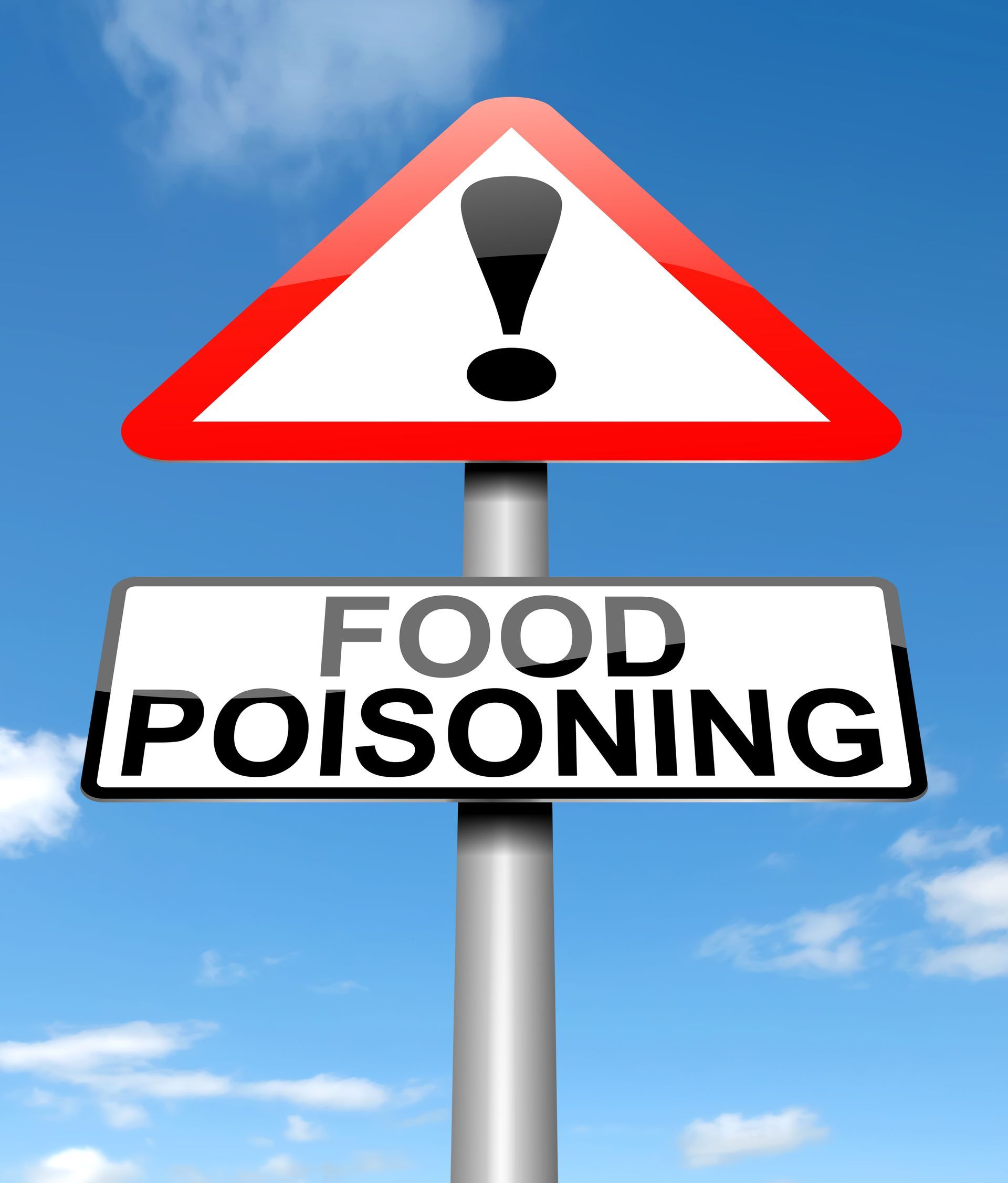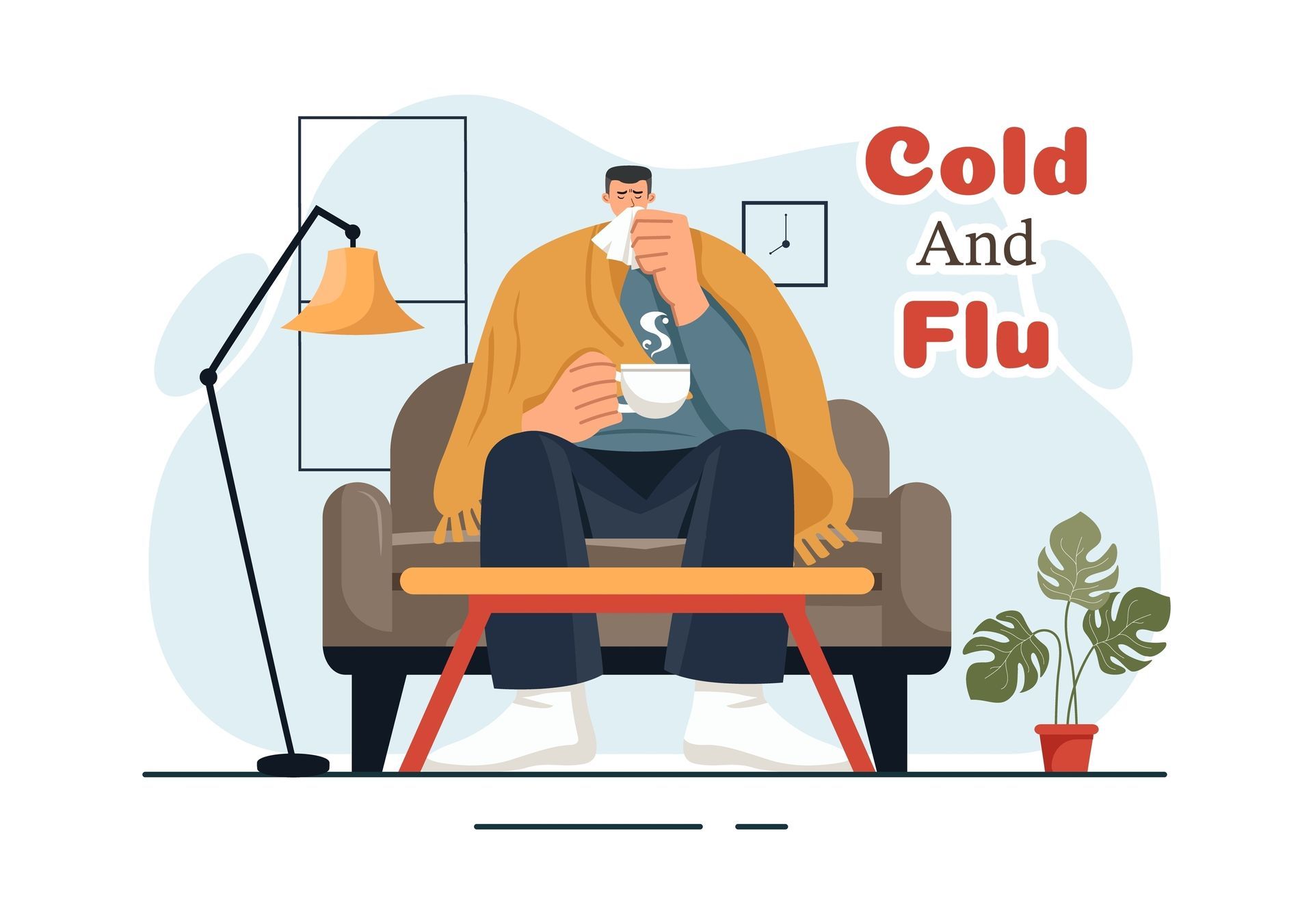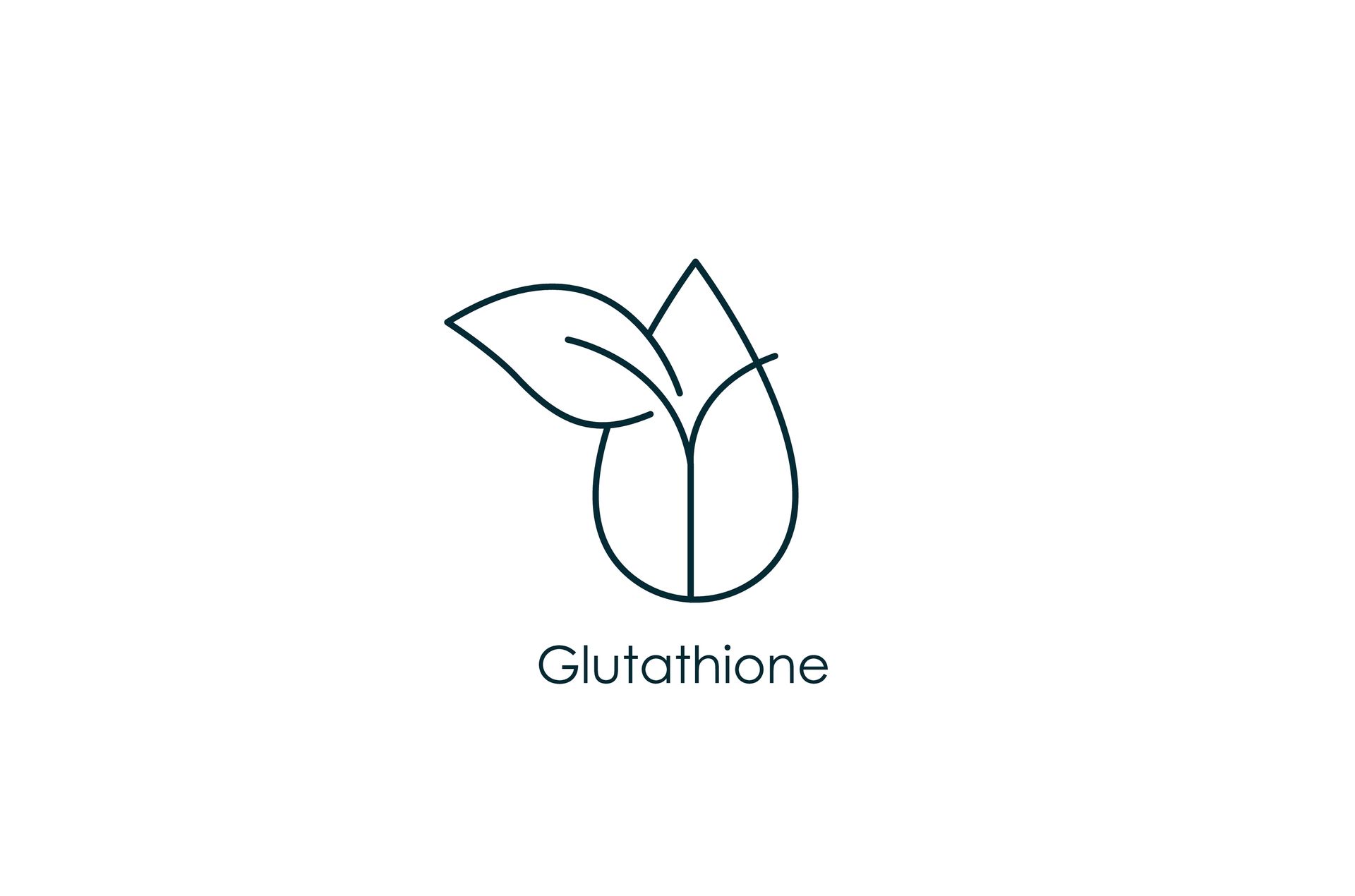Articles and Information
Top Nutrients to Promote Healthy Hair Growth

Hair growth and maintenance play a crucial role in our overall appearance and self-esteem. A lively mane can boost confidence and reflect health, but what's often overlooked is the nutritional aspect behind vibrant hair. Understanding how nutrients affect hair growth can help you make informed dietary choices that lead to healthier hair.
Understanding the Importance of Nutrients for Hair Growth
Hair is primarily made of keratin, a protein that requires various nutrients to grow strong and healthy. Nutrients support hair follicles, the structures that produce hair strands. Various factors can influence hair health, including hormonal changes, genetics, and environmental stressors. However, one of the most controllable factors is nutrition.
The role of nutrients extends beyond just promoting growth; they also manage hair texture, strength, and shine. A well-nourished body can lead to noticeably healthier hair, while deficiencies can result in hair loss, thinning, and other issues.
The Role of Nutrients in Hair Health
Nutrients like vitamins and minerals work synergistically to support hair health. For instance, certain vitamins prevent oxidative stress, which can weaken hair follicles. Minerals such as zinc and selenium help in maintaining the structural integrity of hair strands. In short, a balanced intake of these essential nutrients is vital for optimal hair performance. Additionally, omega-3 fatty acids, commonly found in fish and flaxseeds, play a crucial role in maintaining scalp health by providing essential oils that keep hair hydrated and reduce inflammation.
How Nutrient Deficiencies Affect Hair Growth
Deficiencies in key nutrients can lead to a host of hair problems. For example, a lack of iron can result in anemia, which has a direct impact on hair thinning. Vitamin D deficiency has also been linked to hair loss conditions like alopecia areata. Moreover, inadequate protein intake can stunt hair growth, as your hair needs building blocks to form properly. Beyond these, biotin, often touted as the "hair vitamin," is essential for the production of keratin, and its deficiency can lead to brittle hair and increased shedding. Furthermore, stress and poor dietary choices can exacerbate these deficiencies, creating a vicious cycle that can be challenging to break.
Essential Vitamins for Hair Growth
Certain vitamins play a crucial role in promoting hair health. Incorporating a variety of these essential vitamins can lead to noticeable improvements in your hair's texture and volume. A balanced diet rich in these nutrients not only supports hair growth but also contributes to overall well-being, making it vital to pay attention to what you consume.
The Power of Vitamin A
Vitamin A is a powerful antioxidant that aids in the production of sebum, a natural oil that moisturizes the scalp. This moisture helps keep hair healthy and shiny. Foods like sweet potatoes, carrots, and spinach are rich in beta-carotene, which the body converts into Vitamin A. Additionally, Vitamin A plays a role in the growth of cells, including hair cells, which can lead to thicker and more vibrant hair. However, it's important to consume it in moderation, as excessive amounts can lead to toxicity, so focusing on natural food sources is the best approach.
Benefits of B-Vitamins for Hair
B-vitamins, particularly Biotin, play a prominent role in the hair growth process. Biotin enhances keratin production in hair and can improve follicle strength. You can find B-vitamins in foods such as eggs, nuts, seeds, and whole grains. Beyond Biotin, other B-vitamins like B6 and B12 are also vital for maintaining healthy hair. They help in the formation of red blood cells, which carry oxygen and nutrients to the scalp, fostering an optimal environment for hair growth. A deficiency in these vitamins can lead to hair thinning and increased hair loss, making it essential to ensure you're getting enough through diet or supplementation.
Why You Need Vitamin E
Vitamin E is essential in reducing oxidative stress on the scalp, thereby promoting a healthy environment for hair growth. It also improves blood circulation, ensuring that hair follicles receive adequate nutrients. Nuts, seeds, and green leafy vegetables are excellent sources of Vitamin E. Furthermore, Vitamin E is known for its ability to repair damaged hair and prevent split ends, making it a popular ingredient in many hair care products. The antioxidant properties of Vitamin E also help combat the effects of environmental stressors, such as pollution and UV rays, which can adversely affect hair health. Incorporating Vitamin E-rich oils, like argan or jojoba oil, into your hair care routine can provide additional moisture and protection, enhancing your hair's overall appearance and resilience.
Minerals that Boost Hair Health
While vitamins are important, minerals also play a critical role in maintaining hair strength and growth. Here are some key minerals you should include in your diet.
The Impact of Iron on Hair Growth
Iron helps red blood cells carry oxygen to your cells, including those that are responsible for hair growth. Without sufficient iron, follicles can become dormant, leading to hair loss. Rich sources of iron include red meat, lentils, and spinach.
Zinc and Hair Health Connection
Zinc is crucial for tissue growth and repair, including the tissues that make up your hair. A deficiency in zinc may lead to hair loss and an unhealthy scalp. Foods like oysters, chickpeas, and pumpkin seeds are all excellent sources of zinc.
The Importance of Selenium for Hair
Selenium is an essential mineral that supports the antioxidant processes in the body. It helps prevent oxidative stress on hair follicles and is vital for healthy hair regeneration. Brazil nuts and seafood are among the best sources of selenium.
Proteins and Fats: The Building Blocks of Hair
Beyond vitamins and minerals, proteins and healthy fats are fundamental for hair growth and overall hair health. Both nutrients work to provide the structure and nourishment your hair needs.
The Role of Protein in Hair Growth
As hair is largely made up of protein, sufficient protein intake is a must if you're looking to encourage hair growth. Consuming high-quality protein sources such as chicken, fish, and legumes can boost your hair's strength and resiliency.
Healthy Fats for Strong Hair
Healthy fats like Omega-3 fatty acids nourish hair follicles and keep hair hydrated. These fats help prevent dryness and promote a shiny appearance. Fatty fish, avocados, and nuts are excellent sources of these beneficial fats.
Incorporating Nutrient-Rich Foods into Your Diet
It's all well and good to know which nutrients are important for hair growth, but how can you actually incorporate them into your daily diet? Here are some practical tips to help you get started.
Foods High in Hair-Healthy Vitamins
- Leafy greens such as spinach and kale
- Carrots and sweet potatoes for Vitamin A
- Eggs for B-vitamins
- Nuts and seeds for Vitamin E
Protein-Rich Foods for Hair Growth
- Chicken and turkey as lean protein sources
- Fish, particularly salmon and mackerel
- Legumes like lentils and chickpeas
Best Sources of Hair-Boosting Minerals
- Iron-rich foods: red meat, spinach, and tofu
- Zinc sources: oysters, chickpeas, and beef
- Selenium-rich options: Brazil nuts and fish
In conclusion, a balanced diet rich in vitamins, minerals, proteins, and healthy fats can significantly contribute to healthy and vibrant hair. By making informed dietary choices that prioritize hair-nurturing nutrients, you can enhance the health of your mane and promote robust hair growth.
USEFUL LINKS
CONTACT US
If you think you may have a medical emergency, immediately call your doctor or dial 911.
This website does not provide medical advice. It is intended for informational purposes only. It is not a substitute for professional medical advice, diagnosis or treatment. Never ignore professional medical advice in seeking treatment because of something you read on the internet. These statements have not been evaluated by the Food and Drug Administration.
© 2021-2024 All Rights Reserved | Powered by OMG Marketing



